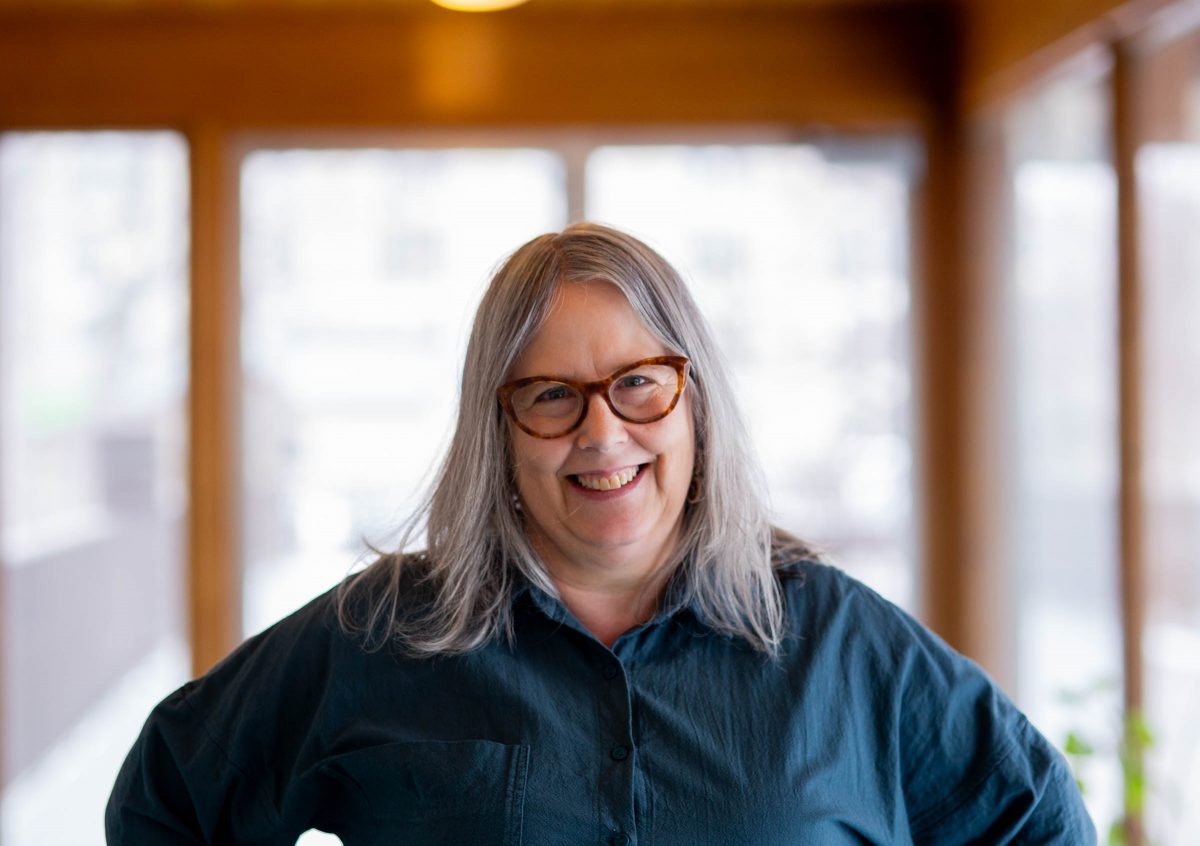
Taking clean water for granted in Winnipeg
Taking clean water for granted in Winnipeg
Adele Perry sheds light in her book focusing on colonialism, resources, and history of clean water
Water is a commodity we often take for granted. As we approach World Water Day, we recognize Adele Perry’s book, Aqueduct: Colonialism, Resources and the History We Remember, to shed light on this issue.
The St John’s College fellow and distinguished professor in the Faculty of Arts continues to focus on clean water at the heart of her research, including her work as Director for the Centre for Human Rights Research.
The historian in gender and colonialism has been interested in how researchers can connect the past and the present and influence the future with their work.
Publishing her book with ARP Books in 2016, Adele’s work focuses on Winnipeg and how the Annishinnabeg community of Kekekoziibii or Shoal Lake 40 First National, lost crucial reserve land to supply the City of Winnipeg with clean drinking water. Between 1913 and 1919, the City of Winnipeg had problems, including poor drinking water.
“The particular mechanism that disposed of Shoal Lake 40 was a particular heavy-handed of that heavy-handed instrument of the Indian Act. The loss of Shoal Lake 40’s land through Section 46 of the Indian Act led to knock-on effects, including “long-term drinking water advisory for Shoal Lake 40, that lasted from 1998 until 2023.”
In continuing her research around gender and colonialism, Adele Perry continues her work through upcoming events at the Centre for Human Rights Research held at St John’s College.
To learn more about Adele’s book or upcoming events with CHRR, visit their website.






